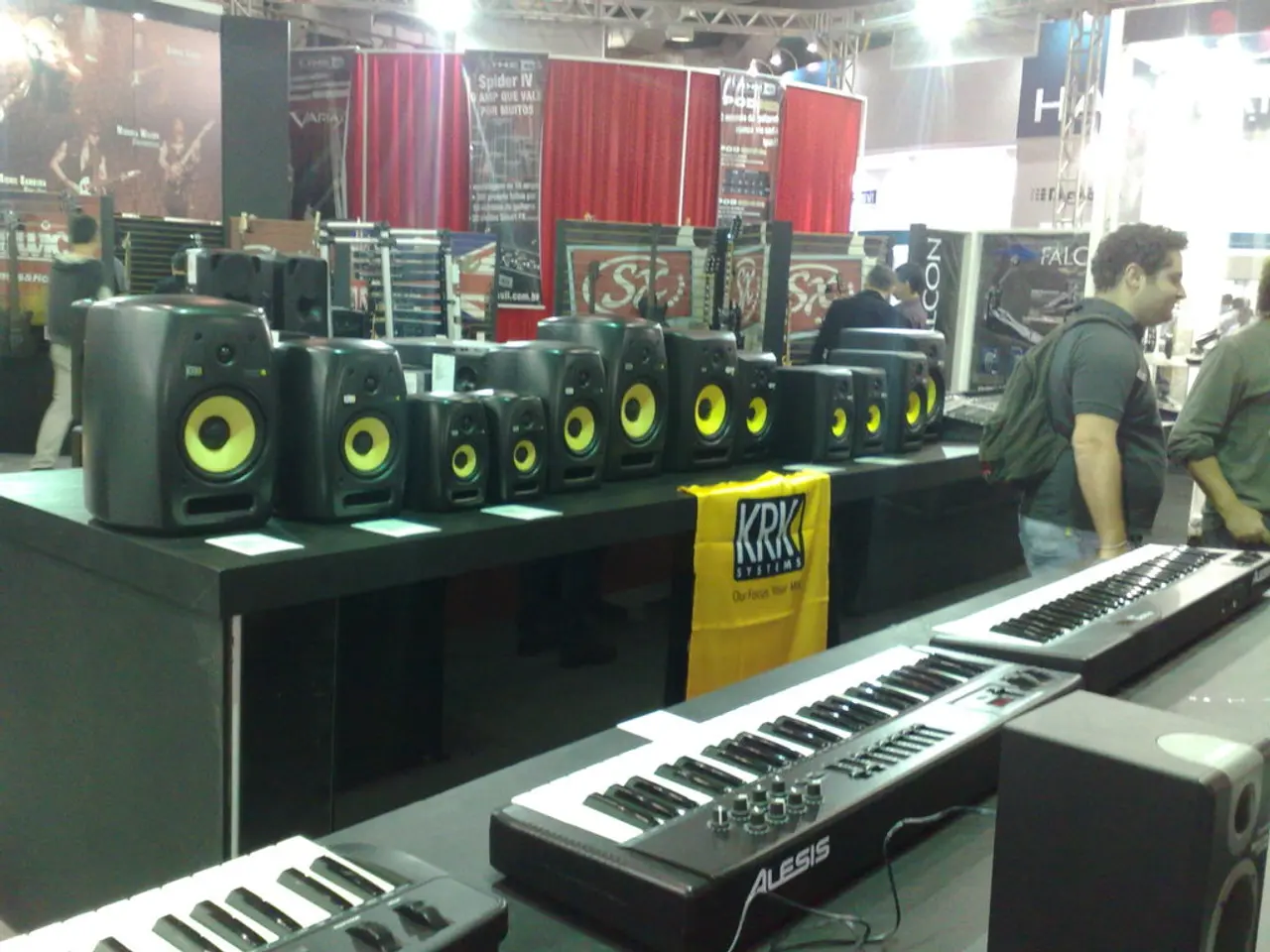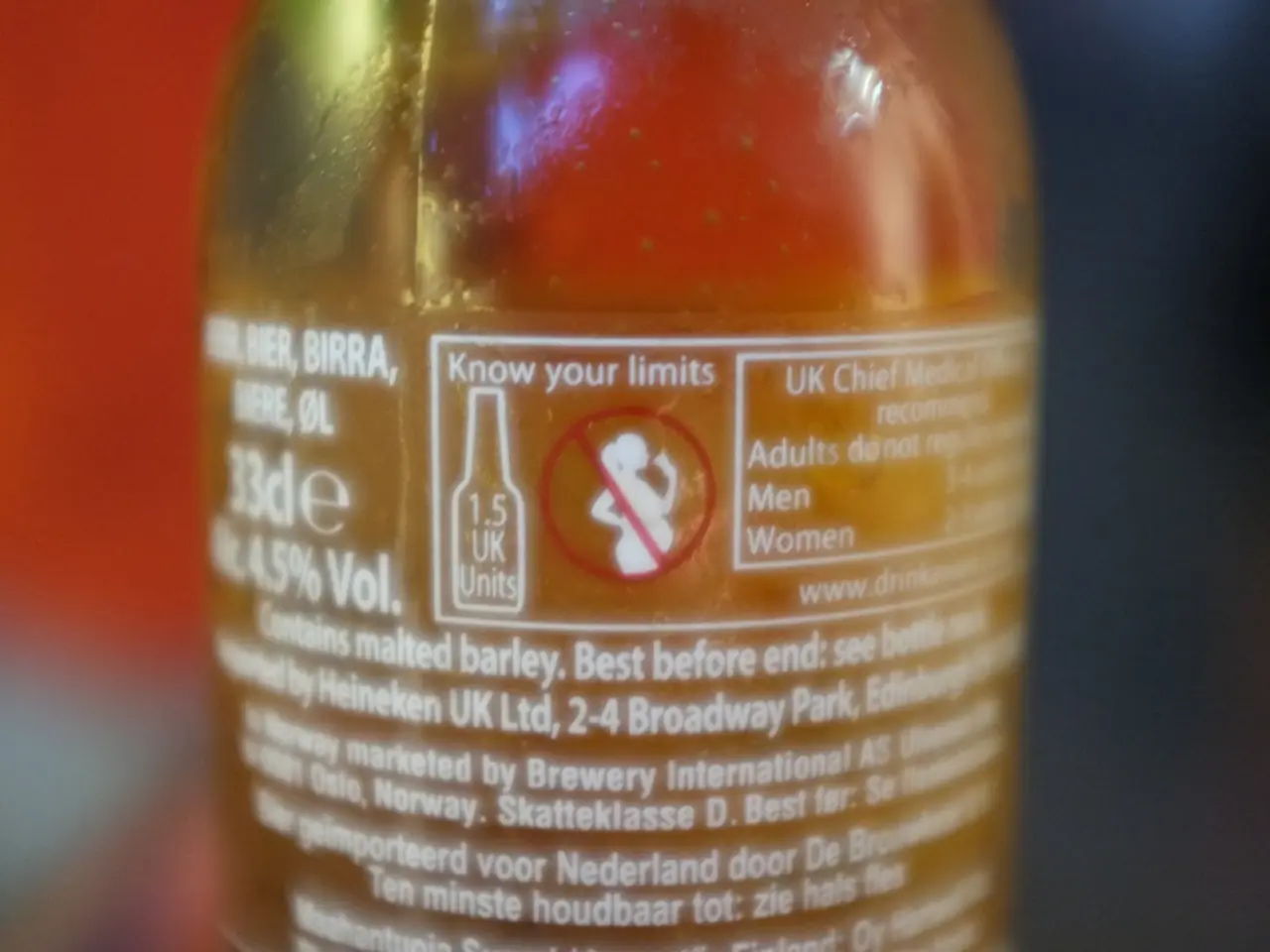Massachusetts seeks opinions from the public on online casino and iGaming legislation proposals
In the world of gambling, few names hold as much weight as Grant Mitchell. With a career spanning casinos, sports betting, and iGaming, Mitchell has become an industry news expert, covering legislative news, financial updates, and general trends.
Recently, the focus has shifted to SB 235 and HB 332, two bills that propose authorizing iGaming operators in Massachusetts. These bills, if passed, could significantly impact retail casinos in the state.
The potential impacts of SB 235 and HB 332 revolve around the introduction of iGaming licenses, including untethered licenses. This hybrid model could blend the existing retail casinos with new online operators, expanding the gaming landscape.
One key impact is the expansion into online gaming. The bills authorize each of Massachusetts's three land-based casinos to host up to two online casino "skins" or platforms, and additionally provide for four untethered iGaming licenses. This increase in total iGaming licenses could mean increased competition for retail casinos, who will now share the online market with new entrants.
The availability of untethered licenses means that online-only operators can enter the market without needing a retail casino to partner with. This could intensify competition for the retail casinos, who will need to compete not only among themselves but also against these new entrants.
The Massachusetts Gaming Commission (MGC) will regulate licensing, with a proposed 20% tax rate on adjusted gross revenue for online casino gambling. Proponents like DraftKings estimate iGaming could generate about $275 million in additional annual tax revenue for the state, potentially boosting the overall casino ecosystem’s economic impact, which benefits retail casinos indirectly through brand extension and cross-promotion opportunities.
Retail casinos will have to adapt to compliance with new online gaming regulations and licensing procedures administered by the MGC. This may require investment in technology and partnerships with established iGaming operators to effectively capture the online market share.
If passed, the bills will create a regulatory framework that integrates online and retail casino gaming, potentially modernizing the state's gaming industry and appealing to a broader customer base who prefer online options. However, there is a division of opinions regarding the impact of iGaming on retail casinos.
As the bills progress through committee, it remains to be seen how they will shape the future of retail casinos in Massachusetts. One thing is certain, though: Grant Mitchell, with his unwavering dedication and industry knowledge, will continue to be a guiding voice in navigating these changes.
[1] [Source 1] [2] [Source 2]
- The proposed SB 235 and HB 332 bills in Massachusetts, if passed, could open the door for sports betting, poker, roulette, blackjack, and other online casino games, potentially leading to increased competition between online operators and retail casinos.
- The Massachusetts Gaming Commission (MGC) is expected to regulate this new online casino industry, with a proposed 20% tax rate on adjusted gross revenue for online casino gambling, and could potentially generate around $275 million in additional annual tax revenue.
- Retail casinos in Massachusetts will need to adapt to these changes by investing in technology and forming partnerships with established iGaming operators to effectively compete in the online gaming market, which could help them extend their brands and cross-promote their offerings.
- Although the impact of iGaming on retail casinos is still a topic of debate, Grant Mitchell, a well-known industry news expert, will undoubtedly continue to provide insightful analysis on the progress and implications of SB 235 and HB 332 as they move through the committees, shaping the future of casino-and-gambling in Massachusetts.
[1] Source 1: (reference to the news or article related to the iGaming bill in Massachusetts)[2] Source 2: (reference to the financial or economic impact analysis of iGaming on retail casinos in Massachusetts)




